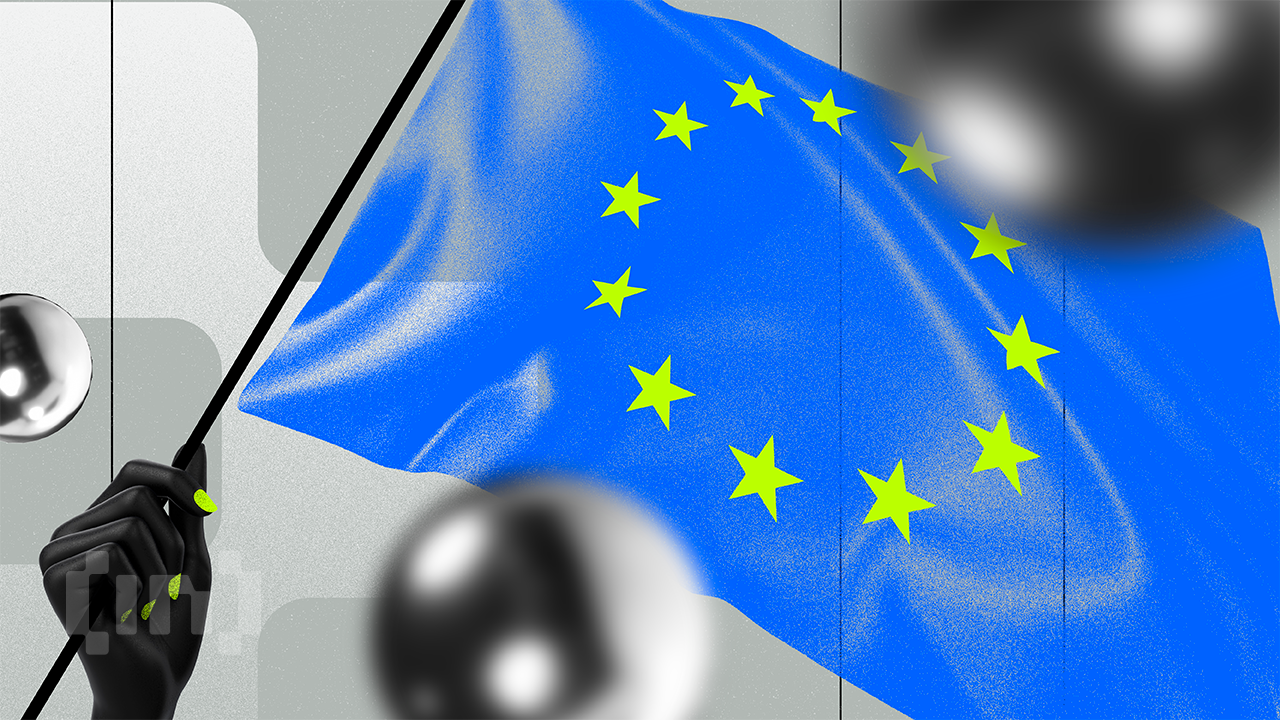Six months into the phased rollout of the EU’s landmark Markets in Crypto-Assets (MiCA) regulation, 53 crypto firms have received official authorization to operate across the European Economic Area (EEA),
Notably missing from the list are Tether and Binance, two of the most renowned crypto firms in the industry.
Europe’s Crypto Licensing Race Heats Up as MiCA Milestone Hits
According to newly shared data from Circle’s EU Policy Head, Patrick Hansen, 39 crypto-asset service providers (CASPs) and 14 stablecoin issuers (formally classified as e-money tokens or EMT issuers) have received MiCA licenses.
These licenses allow companies to “passport” services across 30 EEA countries without needing separate approvals in each jurisdiction.
“Six months into MiCA’s application for CASPs — and 12 months for stablecoins — here’s the latest July snapshot,” Hansen wrote, providing a country-by-country breakdown.
France, Germany, and the Netherlands lead the stablecoin issuance front, collectively accounting for 9 of the 14 authorized issuers.
Twenty fiat-backed stablecoins, mainly euro and dollar-denominated, are now compliant under the EU’s MiCA, spanning seven European Union countries.
On the CASP side, Germany and the Netherlands are the primary drivers of the regulatory push. Together, they account for 23 of the 39 authorized providers.
Big names like Coinbase, Bitstamp, Kraken, and OKX are among the crypto-native firms securing licenses.
Meanwhile, fintech and traditional finance (TradFi) players such as Robinhood, Trade Republic, and BBVA have also made the list.
Still, the absence of market giants Tether and Binance raises questions. Tether, the issuer of the world’s largest stablecoin USDT, is not yet among the 14 EMT-authorized firms.
Binance, which has faced ongoing scrutiny from European regulators, is similarly missing from the CASP list.

Where Are the Giants? Tether’s Transparency Issues May Hinder MiCA Compliance
For Tether, missing out on the EU’s latest list of MiCA-licensed firms is unsurprising amid the company’s audit controversy and regulatory standing. Recently, Consumers Research criticized Tether for failing to provide an independent audit of its reserves.
“Tether’s continual failure to undergo an independent audit raises a distressing red flag for the company and its USDT product. Tether has promised that it would conduct a full audit since at least 2017 but has still failed to do so. In August 2022, its CEO stated that an audit was ‘likely months away.’ Years later, there is still no audit,” read an excerpt in the critique.
However, Tether has long relied on attestations rather than full audits to validate its reserves. In an April 2025 interview, CEO Paolo Ardoino acknowledged the company is still seeking a top-tier audit partner but highlighted obstacles.
“So, you are a Big Four auditing firm, and you have the entire banking industry that is your customer. Why would you risk 100,000 customers for a couple of stablecoins? Between the FTX disaster and the hacks, heists, and regulatory crackdowns in crypto, it hasn’t been easy to sign on as a client for one of those top accounting outfits,” Ardoino stated.
Tether’s lack of audit clarity could remain a critical barrier to full MiCA compliance.
Meanwhile, Binance’s omission likely stems from the exchange facing regulatory headwinds in Spain, among other legal challenges within the EU.
Throughout 2023 and early 2024, Binance withdrew license applications or ceased operations in several EU countries, including Germany, the Netherlands, and Cyprus, amid mounting scrutiny.
It has also restructured some European operations, disabling copy trading and limiting unregulated stablecoins amid MiCA woes.
At the same time, French authorities launched investigations into the exchange over alleged money laundering violations, further complicating its regional standing.
MiCA’s strict compliance requirements, including strong governance and transparency measures, may also contribute to the delay.
The next regulatory checkpoint will arrive in September, when a 9-month status update is expected.
The post EU Approves 53 Crypto Firms Under MiCA While Tether and Binance Miss Out appeared first on BeInCrypto.



